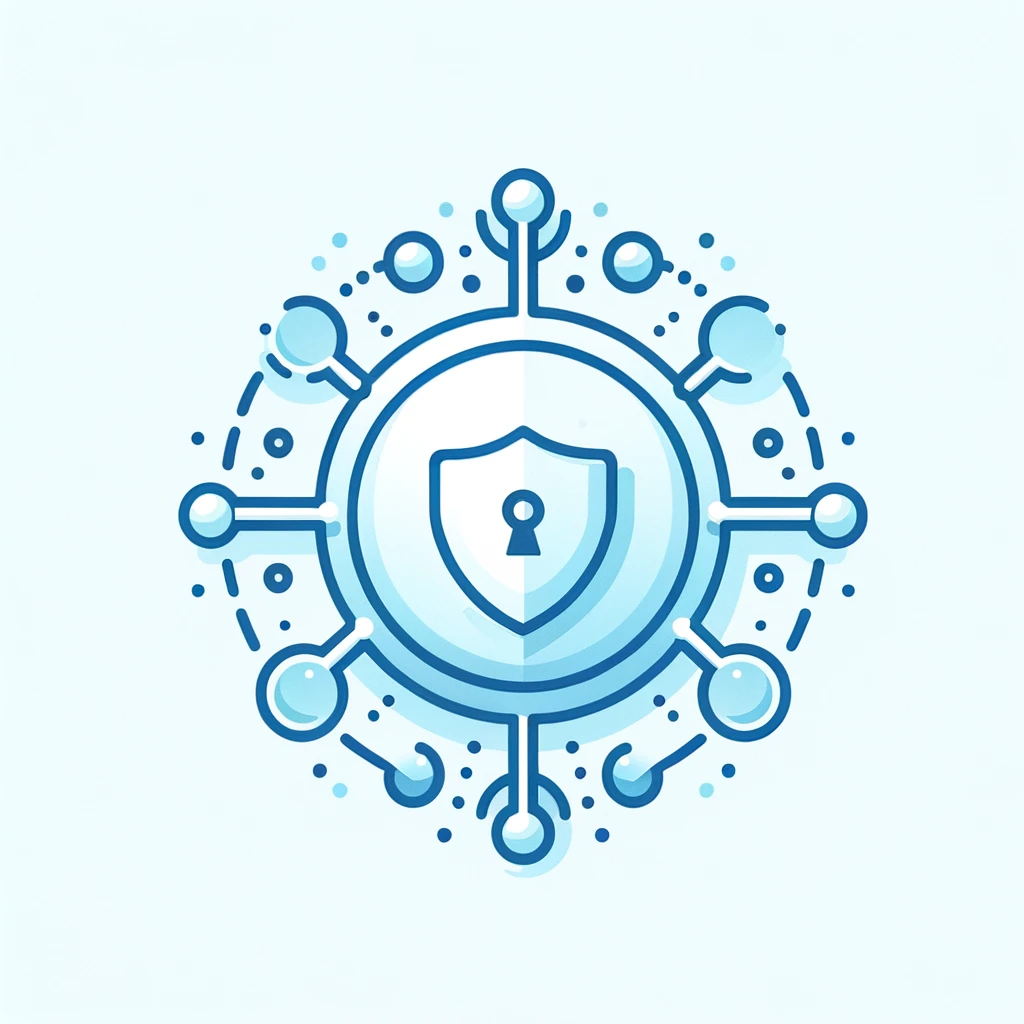In the past several years, the use of virtual private networks, or VPNs, has grown beyond the confines of government and corporate settings. Since VPN has often been positioned as a technology for secure use of public Wi-Fi, some users still wonder whether it makes sense to use VPN at home. In fact, more and more people are choosing to use a free VPN at home, so let’s explore the main reasons for this and the benefits of using a VPN even when using the home Internet.
Why Do I Need to Use a VPN at Home?
Since it’s difficult to determine which networks you encounter outside of your house are secure, free VPN services have become popular. They allow you to use public Wi-Fi networks securely by hiding your IP address and encrypting data transmission. That’s why millions of users choose a free VPN to safely use Wi-Fi in airports, coffee shops, and other public places.
There are a few primary reasons for using a VPN at home.
1) ISP is tracking you.
It may surprise you to learn that your internet service provider (ISP) may monitor and keep records of your online activities. ISPs collect data about users’ online behavior, including information about which sites are visited and the frequency of visits.
Federal Trade Commission Staff report finds that many ISPs collect and share far more data about their customers than many consumers may expect. It was identified that some ISPs combine personal, app usage, and web browsing data to target ads; place consumers into sensitive categories such as by race and sexual orientation; and share real-time location data with third parties.
In the USA, ISPs are permitted to sell users’ online activity data to any interested party. Even while ISPs claim that this data would be anonymized, the concept is nonetheless unsettling.
That is why the use of a free VPN at home is important in terms of preventing ISP monitoring.
2) The building’s shared networks are not secured.
Certain apartment buildings have Wi-Fi available, but everyone on the network, including your landlord, may see everything you do online, just like your internet service provider. A VPN gives you extra privacy on your shared network encrypting all communications.
3) Certain websites and content are blocked for you.
Admittedly, there are a lot of restrictions on the Internet these days. As a result, many websites and some content on streaming platforms are geo-blocked. Censorship and licensing rights have a combined role in this. Therefore, if a website or piece of information is seen to influence public opinion, it may be prohibited in some countries due to censorship.
As for streaming platforms, the list of available shows on Netflix differs for subscribers from different countries. While we don’t advocate breaking the law, there are situations in which
access to restricted materials is necessary for work or education, such as when
researching a certain subject. Using a VPN at home will be helpful in these situations.
Understanding How a VPN Works
VPN creates an encrypted connection between your devices and the VPN server. Your whole traffic flow is routed via the VPN server. Therefore, before being transmitted, the data is encrypted on your device and only decoded on the VPN server before being transferred to the target endpoint. The reverse process is done with incoming data. A data packet can only be decrypted with a special key. Your IP address is concealed and substituted with the VPN server’s IP address. All of this brings several benefits.
1) By encrypting data and hiding your IP address, you can remain anonymous on the Internet, and third parties, including your ISP or the administrator of the building’s shared network, cannot monitor and record information about your online activities.
2) Due to the variety of servers operated by the VPN provider, you can manipulate how third parties determine your location and access content that is blocked in your region. When you connect to a VPN, you can choose for example a server located in Spain. Then the websites that determine your location using your IP address will indicate your location as Spain because they will only see the IP address of the VPN server located in this country.
VPNs enable users to get around censorship and access blocked websites and services in this way. This offers up a whole new universe of possibilities, such as being able to keep in touch with loved ones who are in restricted regions or watching content from foreign nations.
How to Use VPN at Home?
There are two ways to use the VPN at home.
1) You need to download a free VPN for all devices that are used to access the Internet and make it a habit to connect to the VPN every time you are online. There is a free VPN for almost all devices, including a VPN for Android devices and a free VPN for IOS. The main advantage of this method is that it is free, with no traffic or speed limits.
You may find it annoying to set up a VPN on every device, but it’s a matter of habit. As practice shows, 30% of users around the world choose the free VPN.
2) Install the VPN on the router. This way, your home network will be fully encrypted and your data will be protected regardless of which device you use to connect to the Internet. This method is more complicated, since a router’s VPN is usually available only in a premium subscription, i.e. it is paid. In addition, not all routers are compatible with a VPN, so it can be difficult for an average user to figure it out. In any case, there is a free and super easy-to-use alternative described in the previous paragraph. Finally, remember that using a VPN at home is just as crucial as in public places. Our false sense of security at home leads us to act less cautiously, which is why it’s essential to use security solutions like a free VPN. Furthermore, it doesn’t call for any extra expenses. So make your home your fortress.

Hey, I’m David. I’ve been working as a wireless network engineer and a network administrator for 15 years. During my studies, I also worked as an ISP field technician – that’s when I met Jeremy.
I hold a bachelor’s degree in network engineering and a master’s degree in computer science and engineering. I’m also a Cisco-certified service provider.
In my professional career, I worked for router/modem manufacturers and internet providers. I like to think that I’m good at explaining network-related issues in simple terms. That’s exactly what I’m doing on this website – I’m making simple and easy-to-follow guides on how to install, set up, and troubleshoot your networking hardware. I also review new network equipment – modems, gateways, switches, routers, extenders, mesh systems, cables, etc.
My goal is to help regular users with their everyday network issues, educate them, and make them less scared of their equipment. In my articles, you can find tips on what to look for when buying new networking hardware, and how to adjust your network settings to get the most out of your wi-fi.
Since my work is closely related to computers, servers, and other network equipment, I like to spend most of my spare time outdoors. When I want to blow off some steam, I like to ride my bike. I also love hiking and swimming. When I need to calm down and clear my mind, my go-to activity is fishing.

